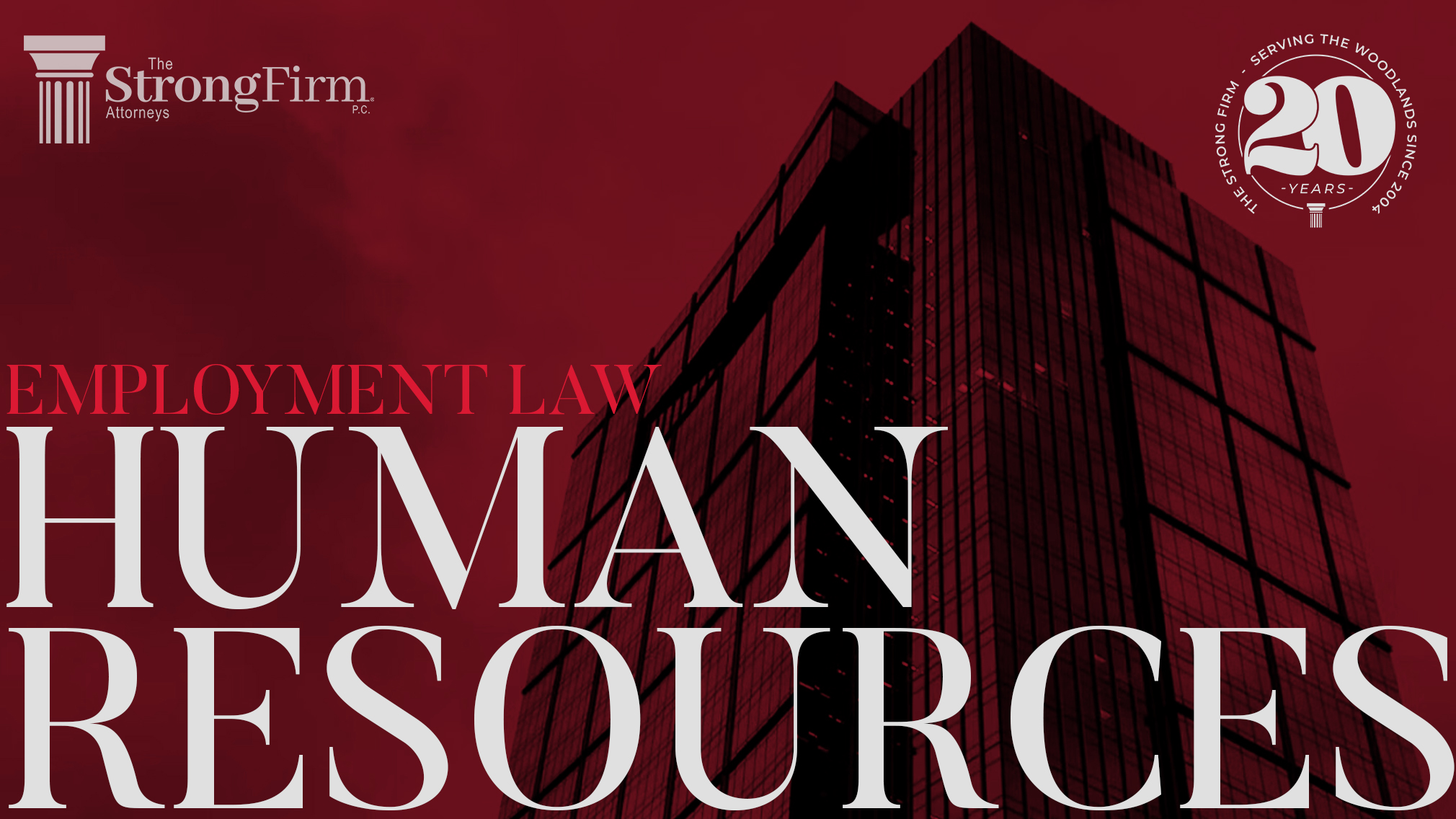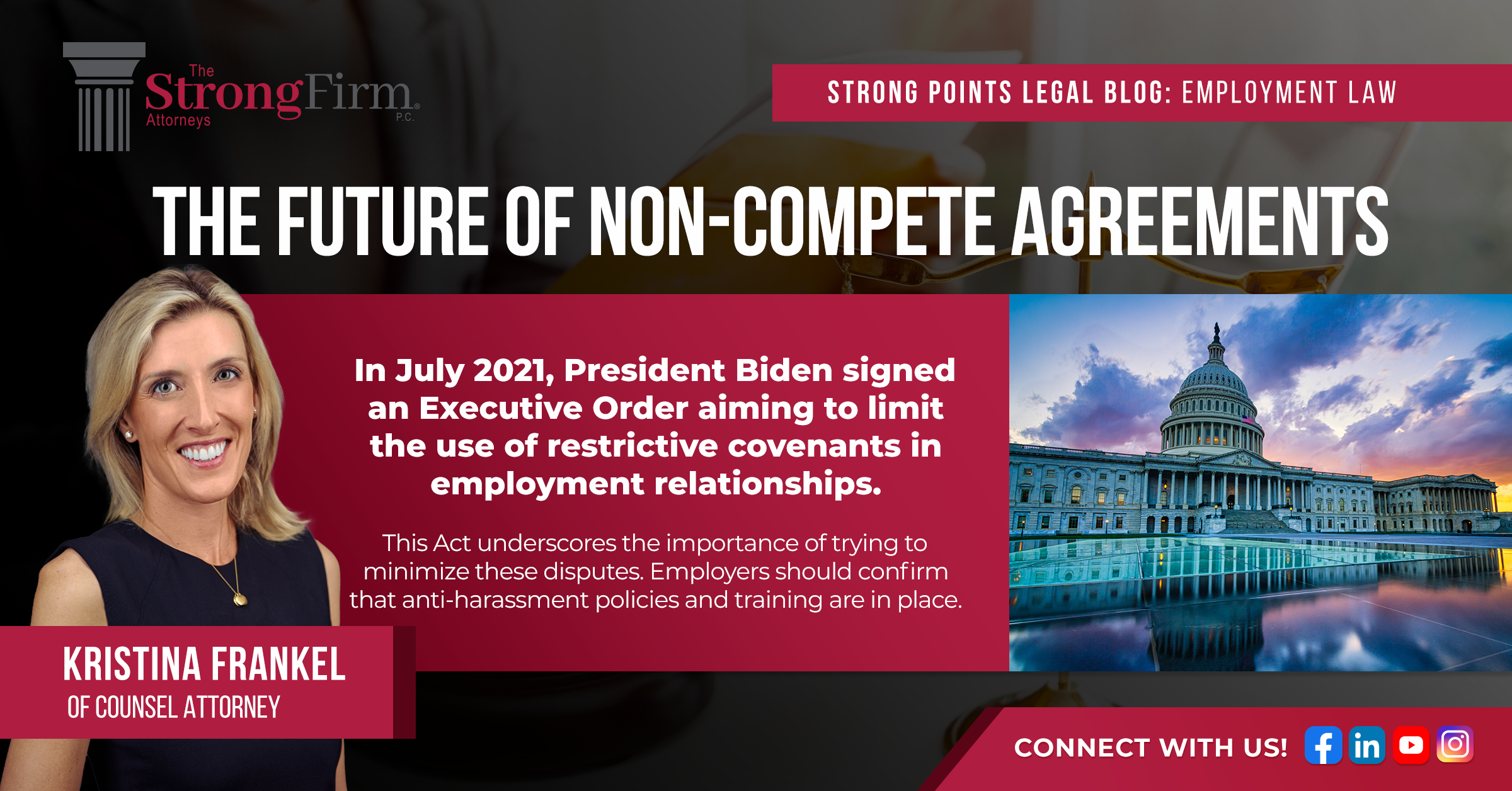Clients commonly ask, “What do I need to do to trademark _____?” Almost instantly, our response is, “Why do you want to trademark _____, and what are you hoping to achieve by doing so?” While almost everyone in the general public is somewhat familiar with the term “trademark,” many individuals and businesses do not actually know what a trademark is, what it does, and what value it provides. So, before ever getting to the answer of “how,” we must first answer the “what” and “why.”
Generally speaking, a trademark is simply a word, phrase, symbol, or design, or a combination thereof, that identifies and distinguishes the source of the goods or services (for “service marks”) of one party from those of others. Trademarks are sometimes confused with copyrights and patents, which are entirely separate forms of intellectual property—a copyright protects an original artistic or literary work, such as a painting or the lyrics to a song; a patent protects an invention, such as the iPhone. Therefore, it’s important to realize that these are separate legal concepts, and while they may all be important, they are not all related to trademarks, which begs the question, “What do trademarks do?”
In most circumstances regarding trademarks, clients are seeking federal registration with the United States Patent and Trademark Office (“USPTO”). The first important point here is that federal trademark registrations are not required to create a trademark. Under common law principles, a trademark is created simply by using a distinctive mark attached to a good or service in commerce. The legal protection of common law trademarks may not be very strong, but they are still technically trademarks. This is why many people seek a federal registration, which provides several advantages, including: constructive notice to the public of your claim of ownership of the mark; a legal presumption of your ownership of the mark and your exclusive right to use the mark nationwide; the ability to bring a lawsuit concerning the mark in federal court; and a basis to obtain registration in foreign countries. Then, the final important question is, “So, why do you want the trademark?”
As stated above, a federal registration provides a host of legal protections for you and your mark. But, you have to ask yourself, “Am I going to actually utilize these protections?” Are you willing to sue someone for infringement? Do you need nationwide exclusive use of the mark? Are you pursuing international registrations? If the answer is “no,” federal registration may not be worth the time and expense, and that is why it is important to fully understand these legal concepts before making a decision on trademarks.
Brian Albert
Phone: 281-367-1222
Fax: 281-210-1361




























